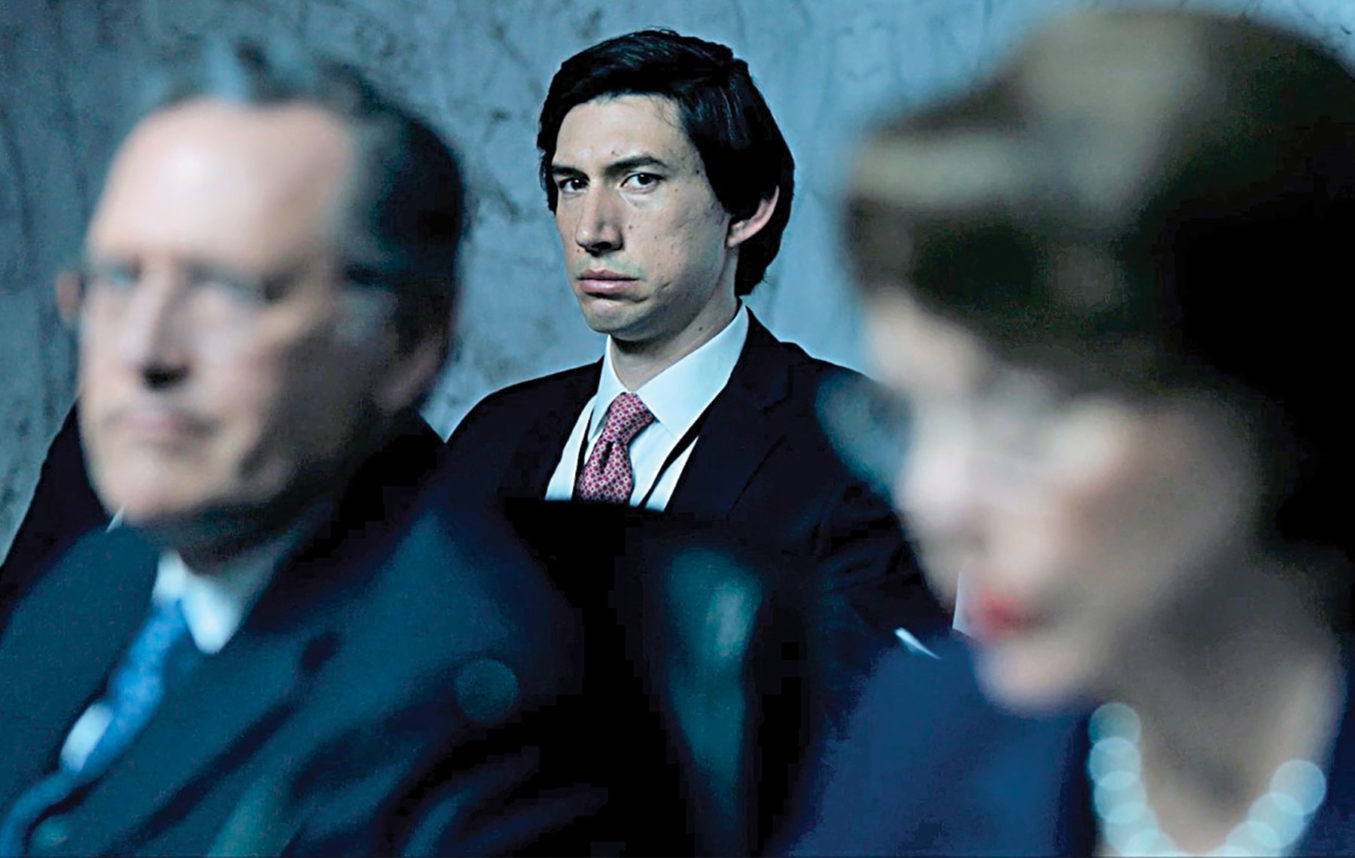
Rabbi Joshua Levine Grater

Constitution and torah
In a cover story a few years ago in Time magazine, editor Richard Stengel asks if the Constitution still matters.
Seeing the future
On the whole, I don’t believe in direct prophecy or in seeing the future.
Facing a culture of violence
If you know me, you know I love watching and playing sports. I played soccer and tennis in high school, and blew out both of my knees playing daily basketball in my 20s and 30s.
Healing bodies and souls: Parashat Metzora (Leviticus 14:1-15:33)
On the margins is where some of the most profound holy acts are performed. Standing with those who are in the shadows, on the margins of society, those who have been abandoned, those in our communities who frighten us, who push us to see our own vulnerability, human beings we ignore in the hopes they will disappear — but they don’t.
Making sanctuaries of our lives
A few weeks ago, I spent four beautiful days on a meditation retreat with the Institute for Jewish Spirituality (IJS) at the American Jewish University’s Brandeis-Bardin Campus. Spending time in silence, mindful yoga, walking and eating, as well as deep Torah learning with leading scholars from the United States and Israel, I felt that we were doing exactly what the Torah is calling us to in this week’s parasha, Terumah.
JFK and the Gettysburg Address
Thousands of years ago, humanity came into existence, a partner conceived in the image of God, dedicated to the pursuit of morality, truth, peace and love.
The wells of peace: Parashat Toldot (Genesis 25:19-28:9)
Wells, water, history and peace. Seems like as much as the world changes, advances and develops, some things remain intact, remain essential to our future. In the midst of this week’s parasha, Toldot, within the stories of familial strife among Isaac, Rebecca and their twin sons, Jacob and Esau, in between the pain, we have a scene that brings hope, if not for the immediate pain of the Torah’s story, then for the future, perhaps for us today.
 More news and opinions than at a Shabbat dinner, right in your inbox.
More news and opinions than at a Shabbat dinner, right in your inbox.